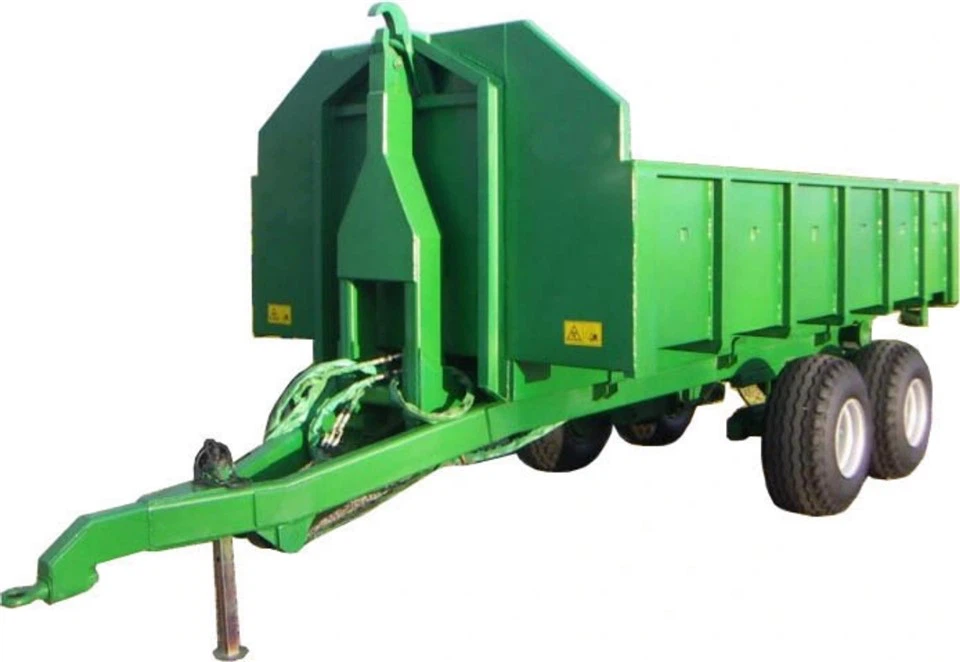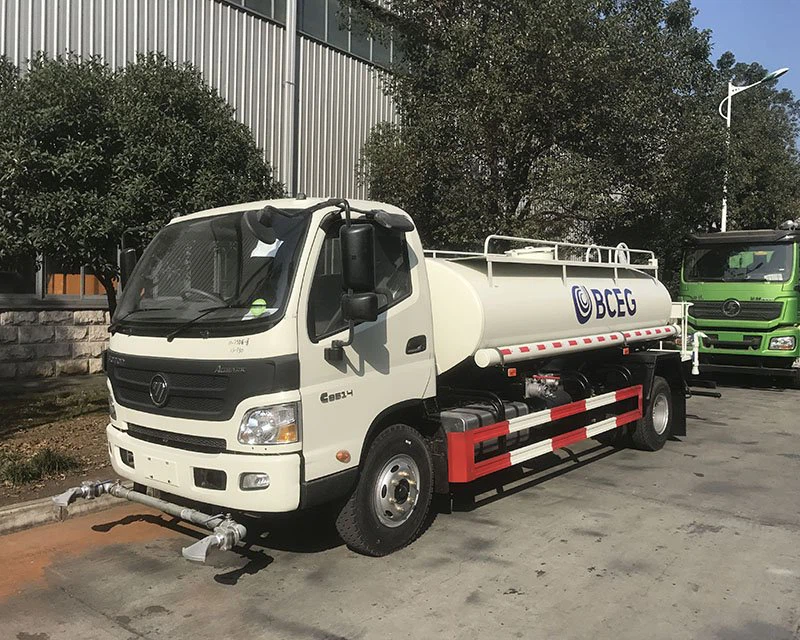Sweeping Trucks: The Essential Equipment for Clean Streets

In today’s urban environment, maintaining cleanliness and order is crucial for public health and aesthetic reasons. One of the most effective ways to achieve this is through the use of sweeping trucks. These vehicles are designed to remove debris, dust, and litter from roads and public spaces. This article will explore the various aspects of sweeping trucks, including their types, features, benefits, and best practices for their use.
Understanding Sweeping Trucks
What Are Sweeping Trucks?
Sweeping trucks, also known as street sweepers, are specialized vehicles equipped with rotating brushes and suction systems that effectively clean streets, parking lots, and other paved surfaces. They are essential for municipal and commercial cleaning services, aiding in maintaining a clean and safe environment.
The Importance of Street Sweeping
Street sweeping plays a significant role in urban maintenance. Here are some key reasons why it is essential:
- Improves Public Health: Removing debris and pollutants helps reduce air and water pollution.
- Enhances Safety: Sweeping prevents accidents by eliminating loose gravel and debris.
- Boosts Aesthetics: Clean streets enhance the overall appearance of an area, attracting visitors and new residents.
- Reduces Maintenance Costs: Regular sweeping can extend the lifespan of pavement and reduce repair costs.
Types of Sweeping Trucks
Vacuum Sweepers
Vacuum sweepers utilize a powerful suction system to collect dirt and debris. They are best suited for removing fine particles and are often used in areas with significant dust accumulation.
Mechanical Sweepers
Mechanical sweepers use rotating brushes to sweep debris into a hopper or collection bin. They are typically more effective for larger debris and are widely used in commercial areas.
Regenerative Air Sweepers
These vehicles combine both vacuum and mechanical sweeping technologies. They blow air onto the surface, loosening debris, which is then sucked into the truck’s collection system. This type is known for its efficient cleaning of fine materials.
Elgin Sweepers
Elgin is a popular brand of sweeping trucks known for their durability and efficiency. They offer a variety of models, catering to different cleaning needs.
Key Features of Sweeping Trucks
Brush Systems

Sweeping trucks are equipped with a variety of brush systems that can be adjusted for different surfaces. The most common types include:
- Cylindrical Brushes: Great for heavy-duty sweeping of large debris.
- Suction Brushes: Effective for collecting fine dust and smaller particles.
Collection Bins
The size and design of the collection bin can vary. Larger bins can hold more debris, reducing the frequency of emptying during cleaning operations.
Water Tanks
Many sweeping trucks are equipped with water tanks to dampen dust and prevent it from becoming airborne during operation. This feature is particularly useful in dry conditions.
Operator Controls
Modern sweeping trucks come with user-friendly controls that allow operators to easily adjust settings and manage operations. Some models feature automated systems that enhance efficiency.
Benefits of Using Sweeping Trucks
Environmental Benefits
Regular street sweeping helps prevent debris from entering storm drains, which can lead to water pollution. By keeping streets clean, municipalities can reduce the impact of urban runoff on the environment.
Cost Efficiency
Investing in sweeping trucks can lead to long-term savings. By maintaining clean streets, municipalities can lower road repair costs and reduce the need for extensive cleanup after storms or events.
Time-Saving
Sweeping trucks are far more efficient than manual cleaning methods. They can cover large areas quickly, allowing for more efficient use of labor and resources.
Compliance with Regulations
Many municipalities have regulations regarding cleanliness and pollution control. Regular street sweeping helps ensure compliance with these local laws, avoiding fines and other penalties.
Best Practices for Operating Sweeping Trucks
Planning and Scheduling
To maximize efficiency, municipalities should plan sweeping routes and schedules based on traffic patterns and debris accumulation. Sweeping during off-peak hours can minimize disruptions.
Regular Maintenance of Equipment
Regular maintenance ensures that sweeping trucks operate at peak performance. Operators should perform daily inspections and periodic servicing to address wear and tear.
Operator Training

Training is critical for new operators to ensure they understand how to handle the equipment safely and effectively. This training should cover equipment operation, safety protocols, and basic troubleshooting.
Community Involvement
Public awareness campaigns can encourage community involvement in keeping streets clean. Residents can be educated about proper waste disposal, helping to reduce the amount of litter on the streets.
Choosing the Right Sweeping Truck
Identify Your Needs
Before purchasing or renting a sweeping truck, assess the specific cleaning needs of your municipality or business. Consider factors such as:
- The size of the area to be cleaned.
- The types of debris commonly found in the area.
- The budget available for purchase or rental.
Budget Considerations
Investing in sweeping trucks can be costly. It’s essential to factor in not just the purchase price but also ongoing maintenance, operation costs, and potential financing options.
Testing and Demonstration
Whenever possible, test different models and manufacturers. Hands-on experience can provide insights into performance and ease of operation that specifications alone cannot convey.

Real-World Applications of Sweeping Trucks
Municipal Use
Municipalities across the globe utilize sweeping trucks for regular street maintenance. They are crucial in cities like San Francisco and New York, where cleanliness is pivotal.
Commercial Use
Businesses such as shopping malls and industrial parks often employ sweeping trucks to maintain cleanliness in their parking lots and surrounding areas.
Construction Sites
Construction sites frequently require sweeping trucks to manage debris and ensure safety. Keeping these areas clean is essential for worker safety and compliance with regulations.
FAQs about Sweeping Trucks
1. How often should streets be swept?
The frequency of street sweeping depends on factors such as traffic volume, weather conditions, and local regulations. However, many municipalities aim for weekly sweeps.
2. What types of debris can sweeping trucks pick up?
Sweeping trucks can collect various types of debris, including leaves, dirt, gravel, litter, and even small pieces of construction material.
3. How do municipalities fund street sweeping services?
Funding for street sweeping typically comes from municipal budgets, often under the Public Works or Sanitation departments. Some investments can also come from grants and environmental programs.
4. Are there environmentally-friendly options for sweeping trucks?
Yes, many manufacturers offer eco-friendly sweeping trucks that utilize less water, lower emissions, and are designed to minimize noise pollution.
5. Can small businesses benefit from renting sweeping trucks?
Absolutely! Small businesses can rent sweeping trucks for special cleaning projects or ongoing maintenance of their properties, providing a cost-effective solution.
6. What safety measures should operators follow while operating sweeping trucks?
Operators should wear proper safety gear, conduct pre-operation safety checks, stay aware of their surroundings, and follow traffic rules to ensure safe operations.
